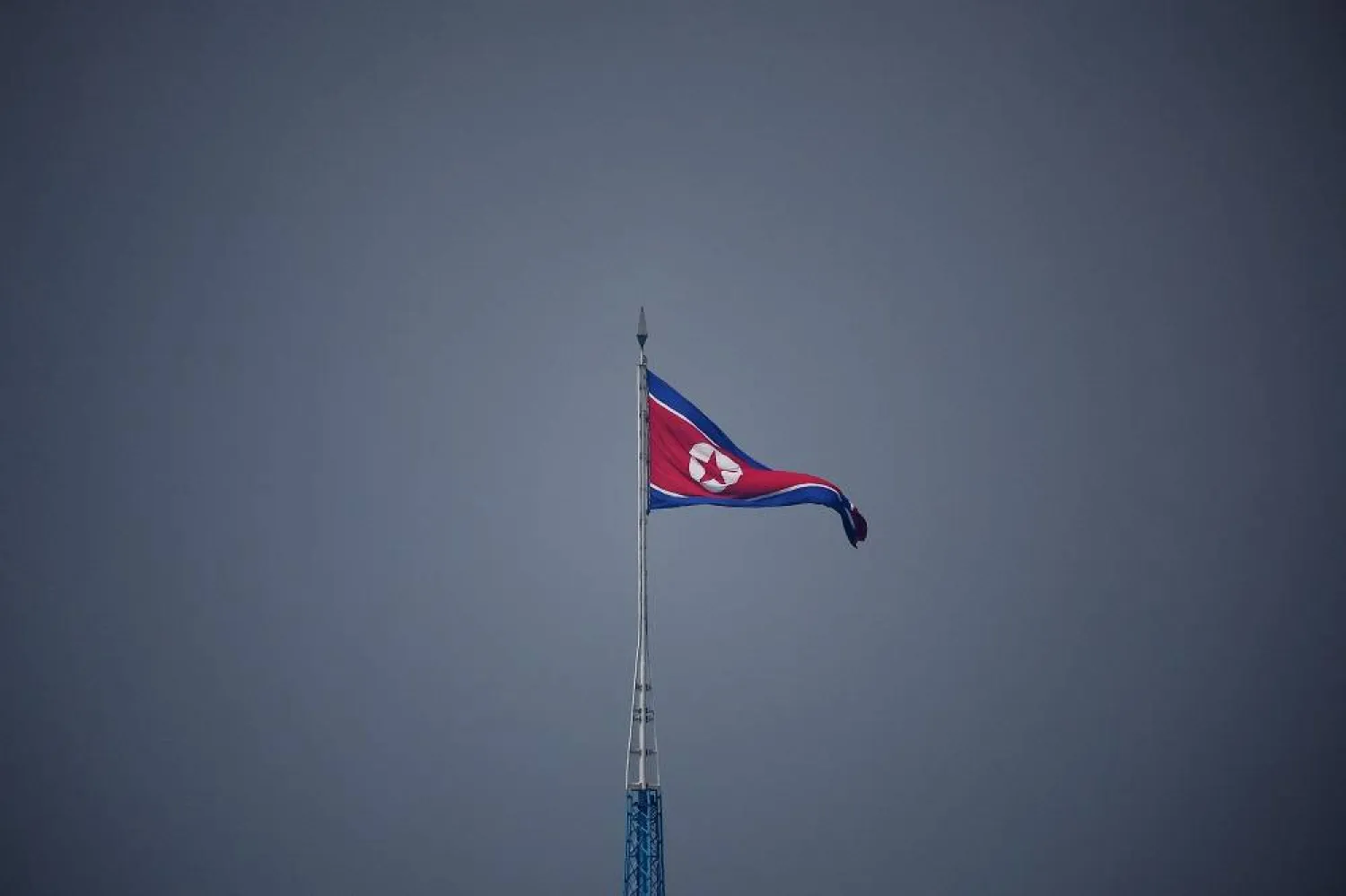A North Korean defected to the South by walking across the heavily fortified border that separates the peninsula, Seoul's military said Tuesday.
Tens of thousands of North Koreans have fled to South Korea since the peninsula was divided by war in the 1950s, but the majority cross the land border into China first.
Seoul's military said it picked up "one suspected North Korean individual on the eastern front and handed them over to the relevant authorities".
The defector was a staff sergeant, Yonhap news agency reported, who was given some guidance from the South's military during the defection.
The Joint Chiefs of Staff said they had not detected any unusual movement by the North Korean military around the time of the defection.
"Relevant authorities are currently investigating and therefore cannot confirm the detailed process of the defection," or the individual's exact motivations and goals, the military said.
Local media reported that the defector walked along the road by the waterfront in eastern Gangwon province, and was wearing their North Korean military uniform when they were picked up by authorities.
It is the second defection across the border between the Koreas in just two weeks, after another North Korean made it across the de facto maritime border in the Yellow Sea on August 8.
The defections come as relations between the two Koreas are at one of their lowest points in years, with the North ramping up weapons testing and bombarding the South with trash-carrying balloons.
The number of successful defections dropped significantly from 2020 after the North sealed its borders -- purportedly with shoot-on-sight orders along the land frontier with China -- to prevent the spread of Covid-19.
But after border controls eased in 2023, the number of defectors making it to the South almost tripled last year to 196, Seoul said in January, with more elite diplomats and students seeking to escape, up from 67 in 2022.
Last week, North Korean tour operations unexpectedly announced that the country would reopen to foreign tourists this winter.









